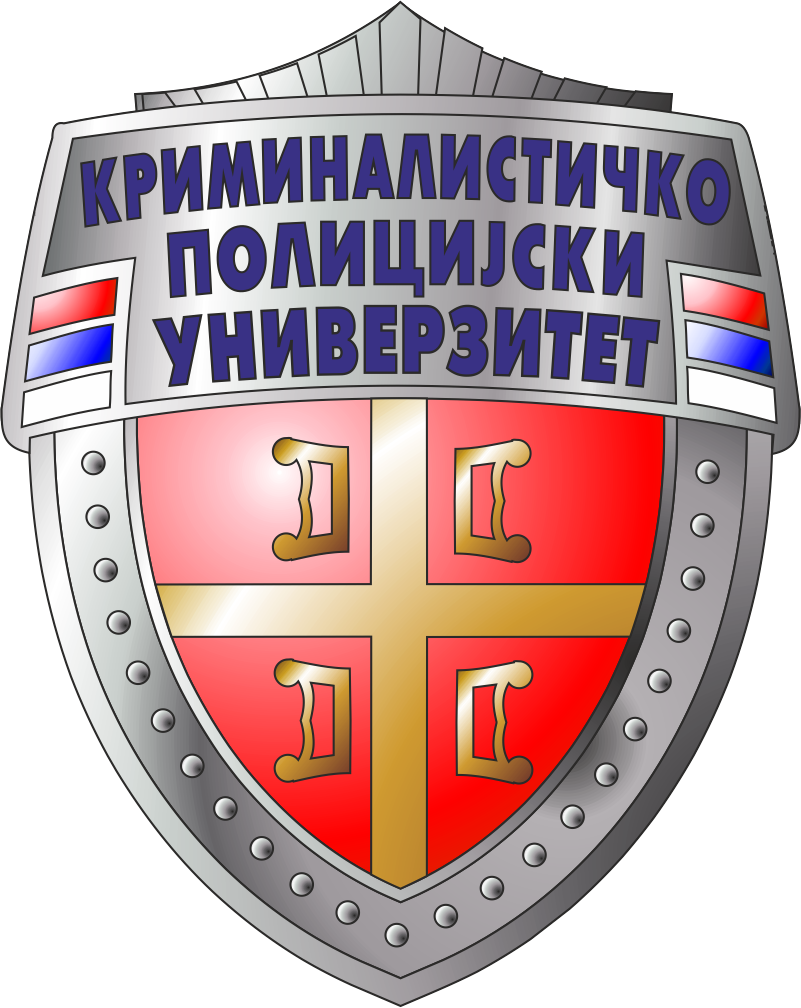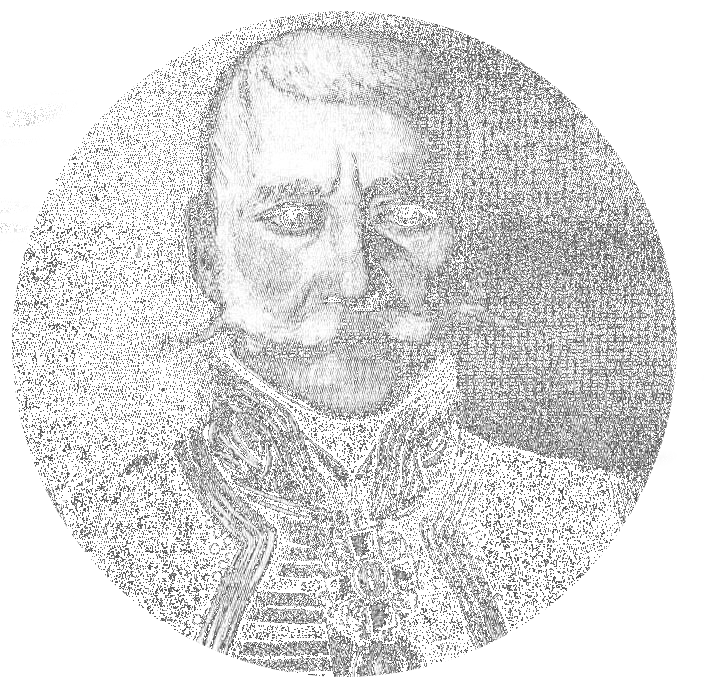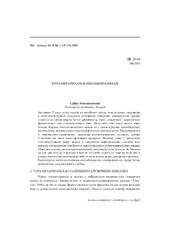Приказ основних података о документу
Totalitarianism and neoliberalism
Totalitarizam i neoliberalizam
| dc.creator | Milašinović, Srđan | |
| dc.date.accessioned | 2019-03-21T15:51:49Z | |
| dc.date.available | 2019-03-21T15:51:49Z | |
| dc.date.issued | 2004 | |
| dc.identifier.issn | 0354-8872 | |
| dc.identifier.uri | http://jakov.kpu.edu.rs/handle/123456789/66 | |
| dc.description.abstract | From modern retrospective, it can be seen that the greatest future political danger was foreseen two centuries ago by a liberal and democrat de Tocqueville: a dictatorship of new form which due to the lack of term he described as despotism, and which today can be more precisely termed totalitarianism. This form of social order marked previous century and left tragic consequences overall nations and their cultures. As 21st century started, fascism and communism as forms of totalitarian regimes (in the sense of communist regimes as existed and as they still exist in some countries - Cuba, North Korea, or transformed into so-called capitalistic communism - China), which tended to become world orders, are not topical any more. However, today under the conditions of new world order being formed, there is an increasing number of humanistic- oriented intellectuals who think that totalitarianism is not an anachronous notion and incidental negative phenomenon in the historical development of Western political, ideological and cultural circle. The voices are becoming louder and louder pointing out that there is a new totalitarianism being created - neo-liberal totalitarianism which, as it seems, will spare no one, not one of the existing and new states, not one ethnos, language or religion, not one part of the planet. The aim of this paper is to point at the possibility of totalitarian tendencies occurring in political practice of some developed liberal democratic states, which are essentially different in form from those "classical" Nazi, fascistic or Stalinist-type tendencies. The roots of these neo-totalitarian tendencies are in the very nature of neo-liberal capitalism and its ideology, the only motive of which is to accumulate profit in favour of world capital centers and multinational companies. | en |
| dc.description.abstract | U radu autor ukazuje na mogućnost pojave totalitarnih tendencija u političkoj praksi pojedinih razvijenih liberalno demokratskih država a koje su po svojoj formi bitno drugačije od onih „klasičnih‘‘ nacističkog, fašističkog ili staljinističkog tipa. Ipak zbog toga nisu ništa manje opasne. Koreni neototalitarizma nalaze se u samoj prirodi neoliberalnog kapitalizma, njegovoj ideologiji i profitu kao osnovnom cilju. Tome doprinosi i kolonijalno-imperijalna tradicija visokorazvijenih zapadnih država i njihova sve više militarizovana privreda. Posebnu ulogu u procesima totalitarizacije imaju mediji i savremeni informacioni sistemi koji pružaju neograničene mogućnosti manipulisanja i uobličavanja javnog mnjenja. Zbog toga se danas kao imperativne nameću opominjuće reči Aleksis De Tokvila od pre dva veka da o državi i vlasti ne treba suditi po tome da li je ona u rukama mnogih ili nekolicine, već po tome koliko je njoj dopušteno da čini. | sr |
| dc.publisher | Beograd : Kriminalističko- policijska akademija | |
| dc.rights | openAccess | |
| dc.source | Nauka, bezbednost, policija | |
| dc.subject | neototalitarizam | sr |
| dc.subject | neoliberalizam | sr |
| dc.subject | imperijalizam | sr |
| dc.subject | teror | sr |
| dc.subject | Zapad | sr |
| dc.subject | demokratija | sr |
| dc.subject | ljudska prava i slobode | sr |
| dc.title | Totalitarianism and neoliberalism | en |
| dc.title | Totalitarizam i neoliberalizam | sr |
| dc.type | article | |
| dc.rights.license | ARR | |
| dcterms.abstract | Милашиновић, Срђан; Тоталитаризам и неолиберализам; Тоталитаризам и неолиберализам; | |
| dc.citation.volume | 9 | |
| dc.citation.issue | 2-3 | |
| dc.citation.spage | 97 | |
| dc.citation.epage | 124 | |
| dc.citation.other | 9(2-3): 97-124 | |
| dc.citation.rank | M51 | |
| dc.identifier.rcub | https://hdl.handle.net/21.15107/rcub_jakov_66 | |
| dc.identifier.fulltext | http://jakov.kpu.edu.rs/bitstream/id/2750/64.pdf | |
| dc.type.version | publishedVersion |


